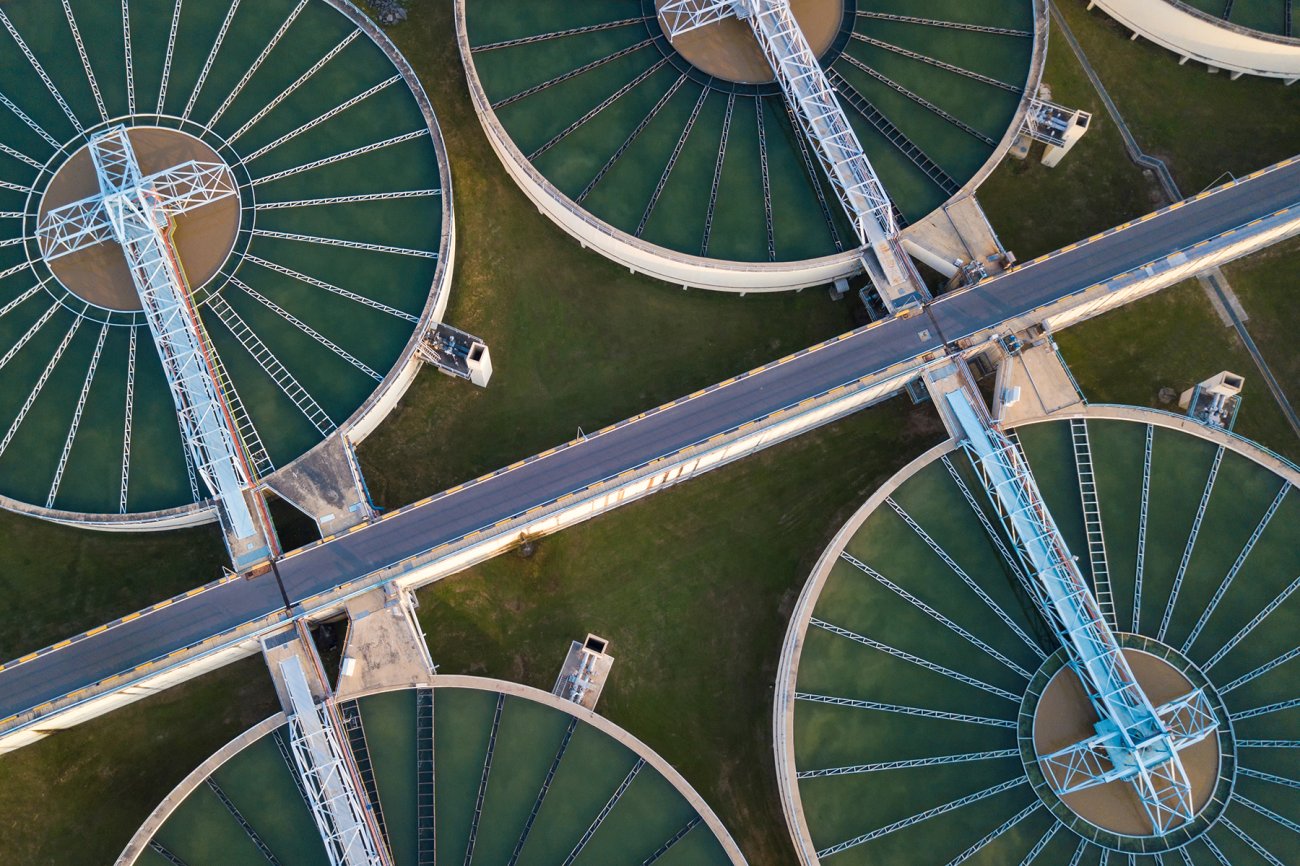The Greatest Guide To Reclaim Waste
The Greatest Guide To Reclaim Waste
Blog Article
8 Simple Techniques For Reclaim Waste
Table of ContentsAbout Reclaim WasteSee This Report about Reclaim WasteWhat Does Reclaim Waste Do?The Ultimate Guide To Reclaim WasteThe Ultimate Guide To Reclaim Waste
Explore the types, events, and kinds of fluid waste. Domestic sewer waste describes the waste and items from a property sewage-disposal tank. This sort of waste is created by people in houses, colleges, and other structures. This only includes sewage-disposal tanks that have a drain area. The proper monitoring and disposal of domestic sewage waste call for liquid waste to be moved to a sewage therapy plant where the appropriate approaches and devices are related to detoxify and take care of waste.
Commercial waste commonly consists of potential dangers, such as combustible materials or a blend of fluid and solid waste products, and requires an extra sophisticated and detailed disposal process. The disposal of industrial waste typically includes the filtering of waste prior to transport to ensure risk-free and appropriate disposal. Industrial waste is created from by-products and drainage of industrial processes and production.
This type of waste can not use the very same sewage management transport or procedures as septic or commercial fluids. The hazardous waste monitoring procedure calls for the evaluation and screening of fluid waste prior to it undertakes the disposal procedure (liquid waste removal). Overflow waste is the fluid waste that comes from runoff and excess stormwater in extremely inhabited areas or cities
Overflow waste can cause contamination and flooding otherwise dealt with correctly. Find out more concerning sewer cleaning and waste management. Guaranteeing appropriate waste management can avoid catastrophes and decrease environmental harm. Both people in household setups and specialists in industrial or production industries can gain from recognizing the procedures and guidelines of liquid waste administration.
4 Simple Techniques For Reclaim Waste
Call PROS Services today to discover our waste management and disposal solutions and the correct means to care for the fluid waste you produce.
(https://issuu.com/reclaimwaste1)Do you understand what occurs to your water when you disengage, flush the bathroom or drain the washing maker? No? Well, it deserves knowing. This so-called 'wastewater' is not just an essential resource yet, after therapy, will be released to our land, waterways or the sea. Made use of water from commodes, showers, bathrooms, kitchen area sinks, laundries and industrial processes is called wastewater.

water made use of to cool down equipment or clean plant and equipment). Stormwater, a form of wastewater, is overflow that moves from farming and metropolitan areas such as roofing systems, parks, yards, roadways, paths and gutters right into stormwater drains pipes, after rain. Stormwater moves without treatment straight to regional creeks or rivers, at some point getting to the ocean.
Reclaim Waste Things To Know Before You Buy
In Queensland, the majority of wastewater is dealt with at sewage therapy plants. Wastewater is transferred from domestic or industrial sites through a system of drains and pump stations, referred to as sewerage reticulation, to a sewage treatment plant. Local governments build, maintain and run most sewer therapy plants. Operators are accredited under the Environmental Security Act 1994 to release cured wastewater at an appropriate environmental standard into rivers.
The Department of Natural Resources recommends city governments concerning handling, operating and keeping sewage systems and therapy plants. In unsewered areas, local federal governments may call for homeowners to mount specific or family sewer therapy systems to treat domestic wastewater from toilets, cooking areas, washrooms and washings. The Department of Natural Resources authorizes making use of home systems when they are confirmed to be reliable.
In some new subdivisions, therapy of some stormwater to remove litter, sand and crushed rock has started making use of gross toxin catches. Wastewater treatment takes place in 4 phases: Eliminates strong issue.
Uses tiny living microorganisms knows as micro-organisms to break down and remove remaining dissolved wastes and fine bits. Micro-organisms and wastes are included in the sludge.
The Of Reclaim Waste
Nutrient elimination is not readily available in all sewer therapy plants due to the fact that it calls for costly specialized tools. It is coming to be extra common in Queensland. Clear liquid effluent produced after therapy might still consist of see here disease-causing micro-organisms. If this effluent is launched into waterways such as rivers or the sea, the micro-organisms will eventually pass away out.

This normally indicates wastewater has actually to be dealt with or pollutants removed prior to it can be released to rivers. Many wastewater moves right into the sewerage system. Under the Act, neighborhood federal governments provide approvals and permits for ecologically pertinent tasks (Ages) involving wastewater releases that might have a neighborhood influence. The division provides approvals and permits to Ages involving wastewater launches that may have a local or statewide influence.
Some Known Factual Statements About Reclaim Waste
Otherwise, examples are considered laboratory analysis. Commonly numerous examinations are required to establish the degrees of each of the various pollutants such as oils, hefty steels and pesticides in water. Monitoring gives factual info regarding water high quality and can confirm that permit problems are being satisfied. The details obtained through monitoring offers the basis for making water high quality choices.
Report this page